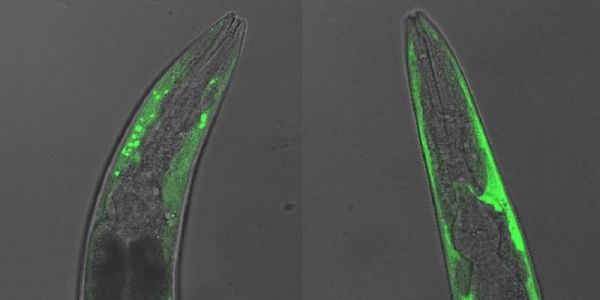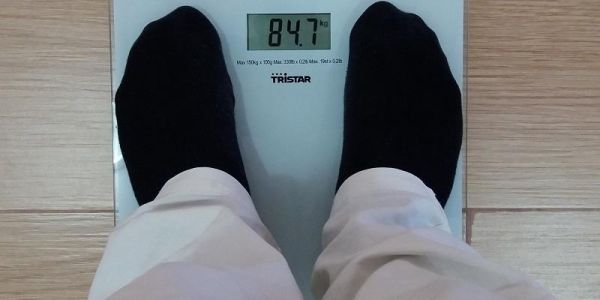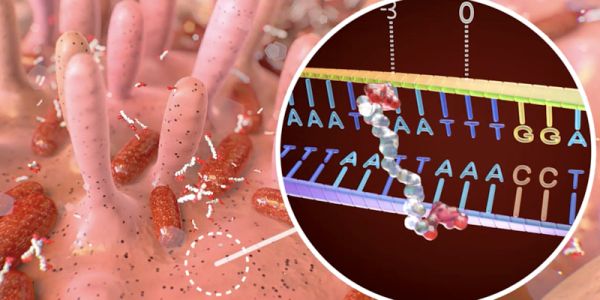
Leeds jointly launches first cancer coronavirus registry
Oncologists from the Universities of Leeds, Birmingham and Oxford have launched the first cancer coronavirus registry in the world.

Oncologists from the Universities of Leeds, Birmingham and Oxford have launched the first cancer coronavirus registry in the world.

Experts are investigating a better way of measuring the number of people exposed to the health risks of poorly-managed sanitation systems.

A master control region of a protein linked to Parkinson’s disease has been identified for the first time.

The NHS needs to do more to address the ingrained stigma and discrimination faced by people with obesity, a leading health psychologist says.

A common type of bacteria found in our guts could contribute to bowel cancer, according to new research.

Senior leaders from the Medical Research Council (MRC) visited the University today to find out more about the interdisciplinary health research taking place here.

Patients in GP surgeries across West Yorkshire are being invited to take part in a large trial of low-dose amitriptyline for irritable bowel syndrome (IBS).

A skin cream used to treat warts and skin cancer could help protect people against viral diseases such as Zika and dengue, according to new research.

Fewer than two in every 100 packed lunches eaten by children in English primary schools meet nutritional standards, according to a major survey.

Senior leaders from Cancer Research UK visited the University today to find out how Leeds researchers are working together in the battle against the disease.